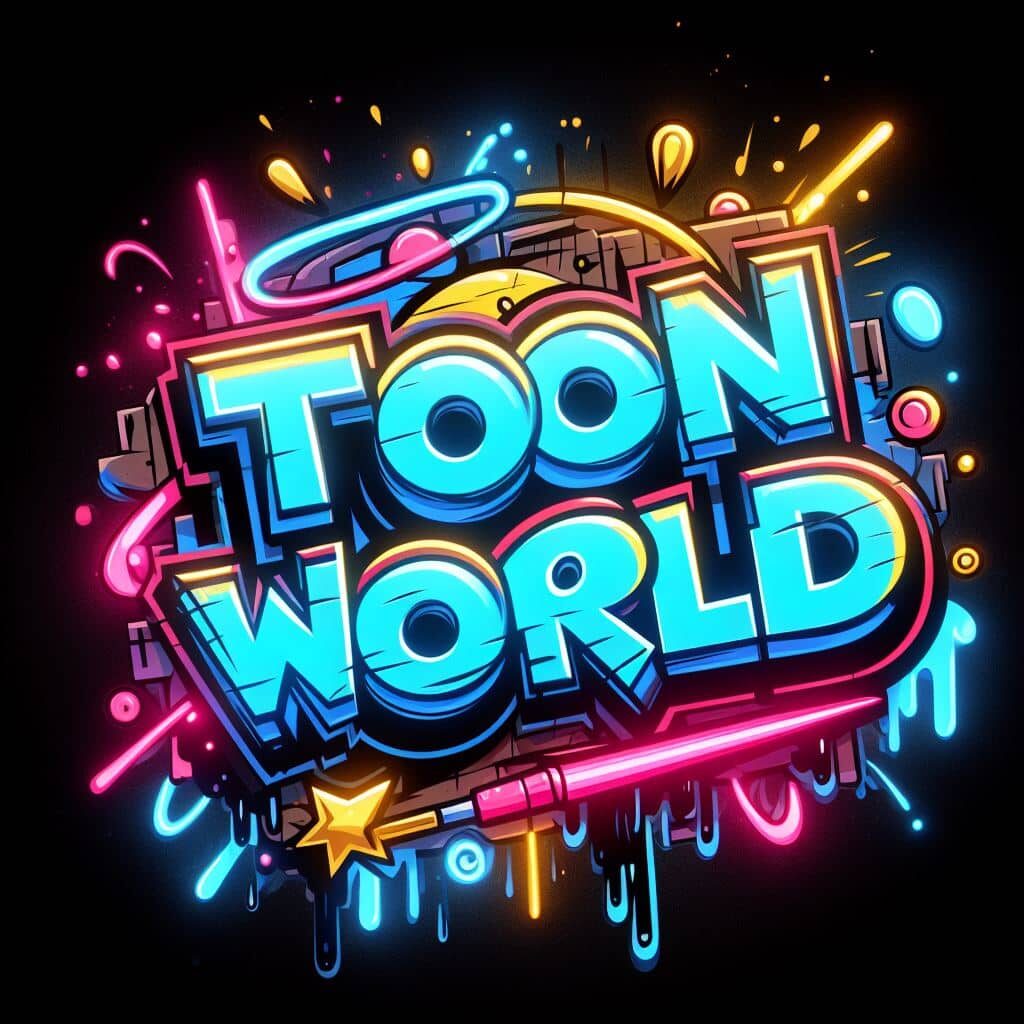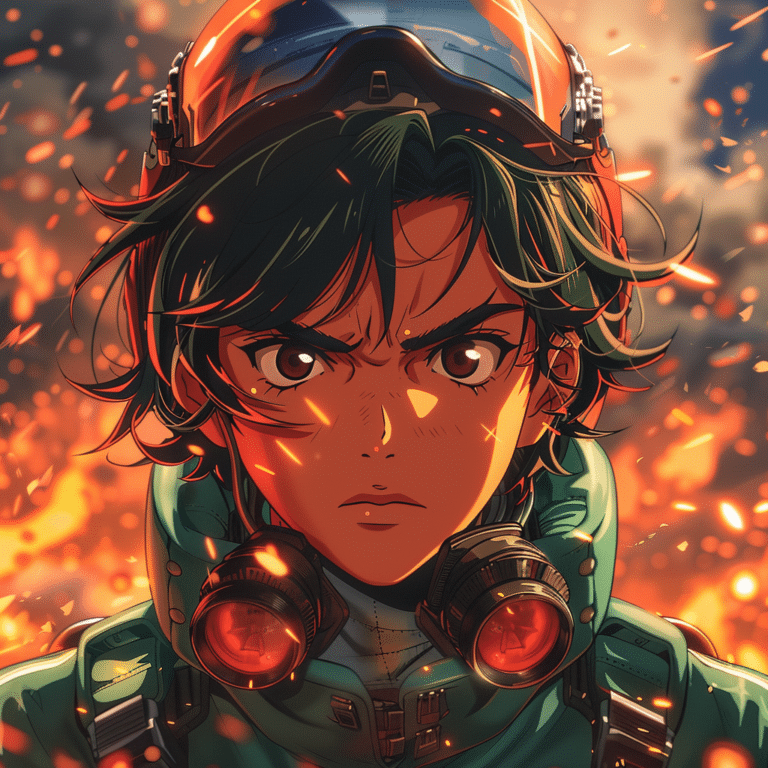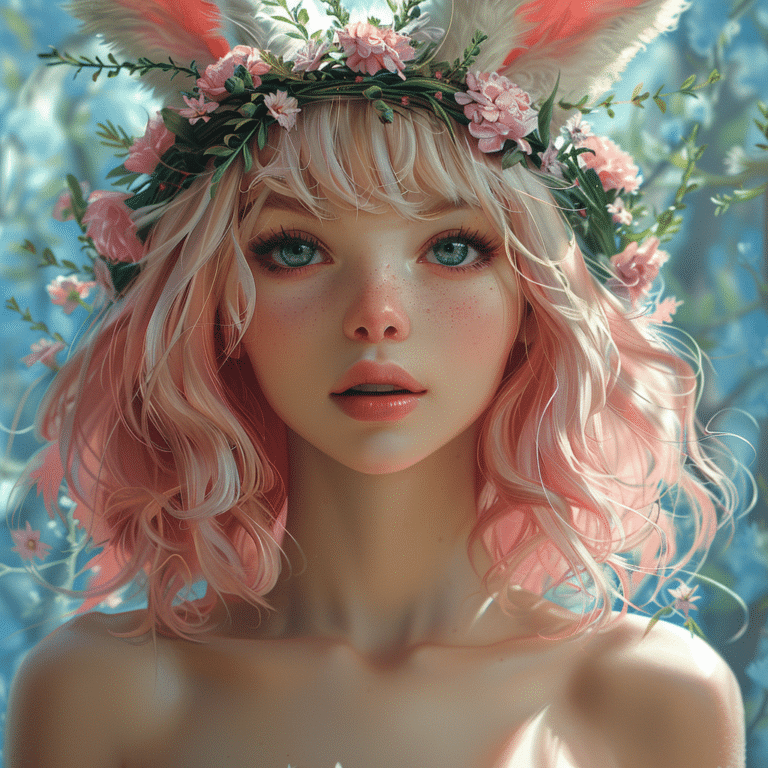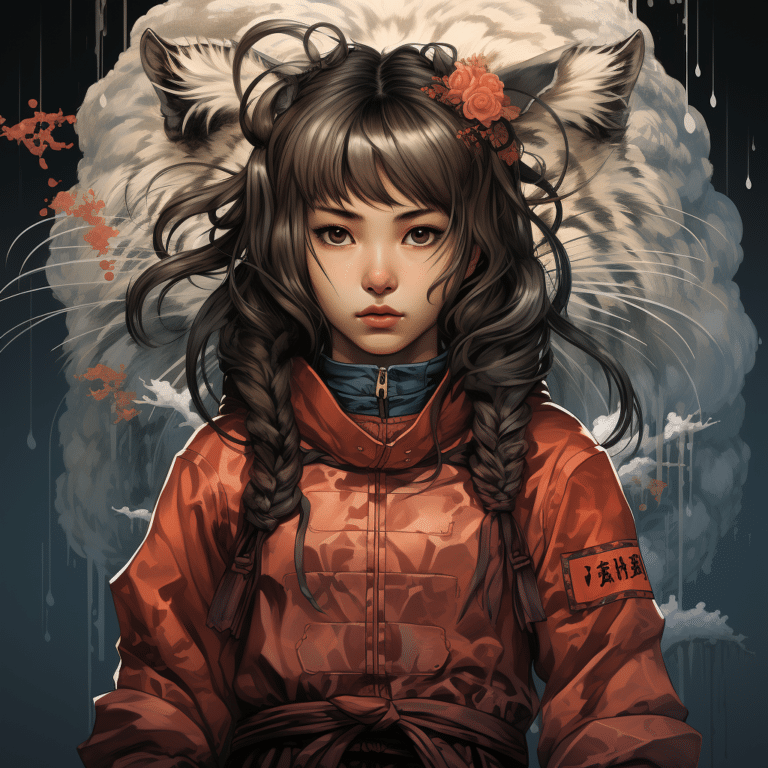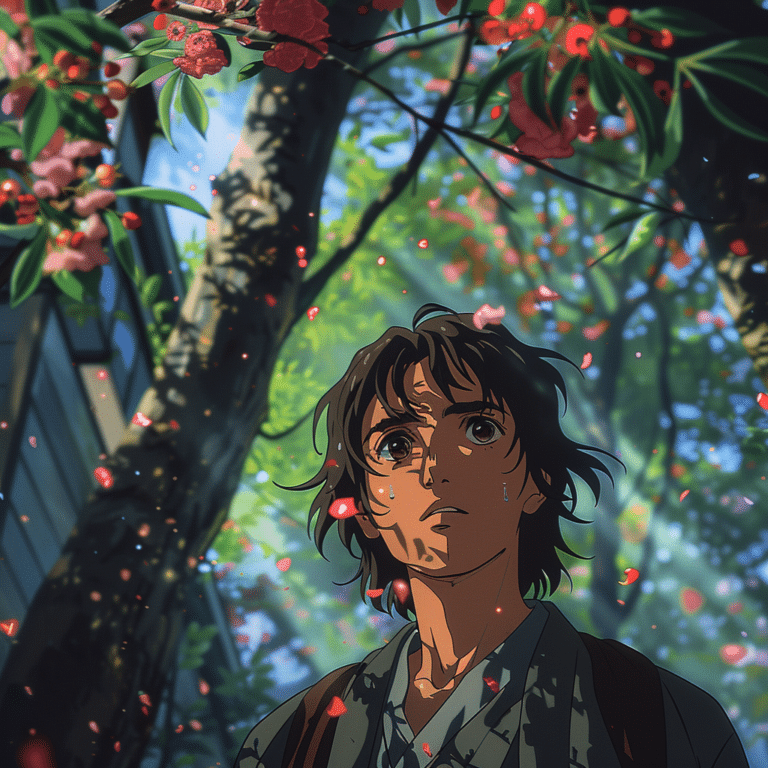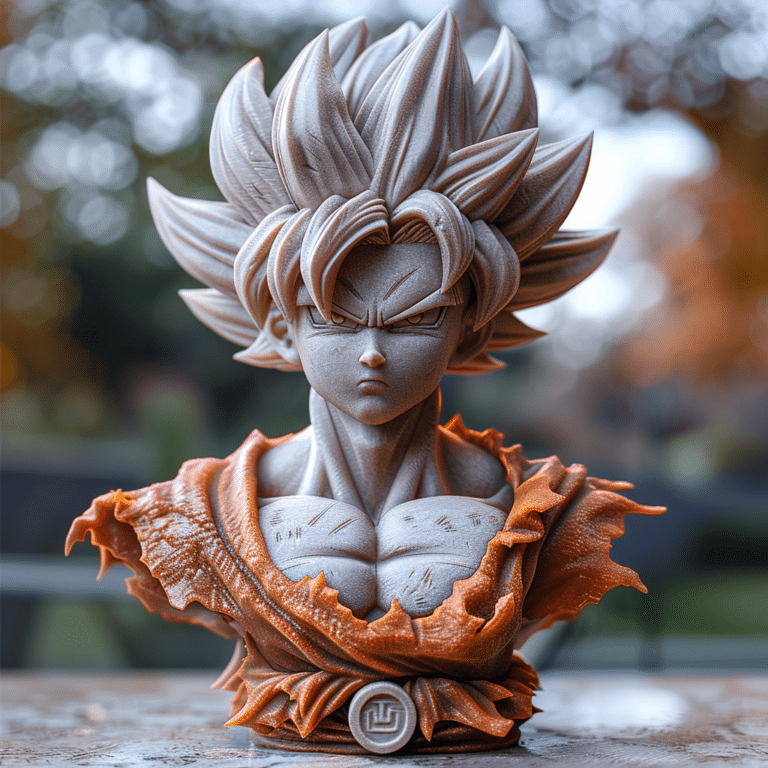Dai Mahou Touge: An Enchanting Blend of Power and Chaos
When you dip your toes into the swirling cauldrons of magic-infused anime, you expect to emerge in a world sprinkled with fairy dust and good intentions. Dai Mahou Touge strays from this beaten path, offering a wild ride that entangles magic wands with wrestling moves. This little-known piece of animation brilliance swathes itself in magical trappings but brings a healthy dose of chaos to the mix. Who says you can’t have your spell cake and eat it with a side of punch?
The Bewitching Foundation of Dai Mahou Touge
Dai Mahou Touge whisks us away to a land where cutesy mascots and pastel hues belie a deeper, more twisted tale of royalty and responsibility. Punie Tanaka is not your typical magical princess; instead, with a firm grip and a deceptive smile, she seamlessly steps into the role of a ruler destined to wield her scepter as much as her spells with an iron fist. Dare I say, if Priscilla Presley young‘s innocence had a wicked edge, Punie-chan would embody it to perfection.
| **Attribute** | **Details** |
|---|---|
| Title | Dai Mahō-Tōge (大魔法峠) |
| English Title | Magical Witch Punie-chan |
| Genre | Comedy, Magic, Parody |
| Directed by | Tsutomu Mizushima |
| Written by | Michiko Itō, Hideki Shirane |
| Studio | Studio Barcelona |
| Episodes | 4 OVA episodes |
| Original Release | March 24, 2006 – October 27, 2007 |
| Plot | The story revolves around Punie Tanaka, a magical princess from Magical Land, who comes to Earth to study how to become a proper queen. Despite her cute appearance, she has a dual personality that shifts to ruthless when she is in combat. The narrative parodies magical girl tropes and involves various dark comedic elements. |
| Notable Characters | Punie Tanaka, Paya-Tan, Anego, Potaru Tanaka |
| Language | Japanese |
| Available On | DVDs and Blu-rays, may be available on some streaming platforms; availability subject to regional licensing restrictions. |
| Related Media | Manga series by Hideki Ohwada |
| Cultural Reference | The title is a pun inspired by the film “The Sword of Doom” (大菩薩峠, Dai-bosatsu Tōge), reflecting the dark humor and parody elements present in the anime. |
| Popularity/Critical Reception | |
| Merchandise/Extras | Limited compared to mainstream anime franchises but may include figures, apparel, and printed media like manga. |
The Magic and Combat Systems in Dai Mahou Touge
Now, let’s talk magical theatrics. Imagine spells casting shadows that are both enchanting and eerie. The combat here doesn’t shy away from a proper brawl. It’s as if the animation takes a page from the wrestling ring, where every innocent incantation has the potential to morph into a body slam – much to the surprise and glee of the audience. It’s a peculiar alchemy of charm and aggression, quite like what you’d expect if Sean Bean waded into a storybook battle.
Navigating the Dichotomy of Characters
The cast of Dai Mahou Touge is a far cry from your cookie-cutter heroes and villains. Don’t be fooled by Punie’s angelic appearance. She might float like a butterfly but her governance can sting like a bee. And far from being a one-hit wonder, each character presents a paradox, challenging the viewer to peel back layers and discover the richness beneath the surface. Every interaction is as intriguing as decoding the complex styles in Goldmember — a narrative spectacle of contrasts.
Thematic Depth and Cultural Reflection
Under the frothy surface of this anime lies a steaming cauldron of political satire. Our Magical Land is rife with nods to States With The Highest Taxes and empires that could rival any Below Deck sailing yacht in opulence and autocratic flair. The playful visuals mask a commentary on governance, domination, and the pursuit of power. It’s a reflective journey, if only we dare to look beyond the sparkles and spoon-fed simplicity of traditional narratives.
The Artstyle and Animation Techniques
Visually, the series is a chameleon. Dai Mahou Touge dances between delicate and bold artistic expressions, nimbly switching from a saccharine palette to a darker hue instantaneously. Similar to the fine line between sinister and comic found in the pages of Dai Dark and the unsettling atmosphere in Dark Gathering Anime, this anime layers its storytelling with an artful mastery.
The Legacy of Dai Mahou Touge in Anime Culture
Although brief, Dai Mahou Touge‘s impact on anime is as intricate and captivating as any Decapolice investigation. It stands tall and proud, amidst a sea of magical girl animes, as a beacon of ingenuity. The fandom has felt its ripple effect from online discussions to convention halls dappled with inventive cosplay—it’s a vibrant testament to the series’ lasting allure.
Enthralled By Magical Warfare
Indeed, with each viewing, Dai Mahou Touge enchants with its peculiar mix of sorcery and smackdowns. It’s proof in the anime pudding that storytelling holds no bounds and that a series can be endearing, startling, and thought-provoking all at once. Whether you’re a stalwart fan or a curious newcomer, this show invokes the magic of anime, creating an experience that’s as unpredictable as it is delightful. In the unpredictable terrain of Dai Mahou Touge, magic and mayhem do more than unite—they form an alliance that forever alters the landscape of enchantment and entertainment.
The Whimsical Chaos of Dai Mahou Touge
Ah, “Dai Mahou Touge,” that whimsical whirlwind of magical madness meets schoolgirl slice-of-life. This anime’s reputation certainly leaps and bounds beyond the norm, plopping us right smack in the middle of a world where veggies are friends, and the lead character seemingly flips the script on the magical girl genre. Honestly, who could forget when the sweet and spicy protagonist, Punie Tanaka, drops her cheerful facade quicker than you can say “cute anime character” to lay the smackdown on any foe with her, well, let’s call them “distinct” submission techniques?
And here’s a zinger for you: despite its short run, “Dai Mahou Touge” introduced a rather peculiar magical creature that fans can’t help but gag over – quite literally! Yes, I’m talking about the unforgettable Paya-tan, a royal pet you wouldn’t want to rub the wrong way, unless you’re keen on discovering the hard way why he’s no mere cuddly mascot. Boy, if that talking potato doesn’t scream “farm-to-table gone rogue,” I don’t know what does!
Now, hold onto your magical scepters, because here comes the kicker: our magical lass Punie isn’t just another charming character making a splash in a magical world. Oh no, she’s also the princess of Magical Land, a place where even the flowers might watch your every step – talk about a thorny situation! In fact, fans of “Dai Mahou Touge” might be tickled pink to learn that Punie’s delicate yet deadly wrestling moves are a direct nod to submission moves seen in actual professional wrestling. Who’d have thought this anime would bridge the gap between magical mayhem and the sweat-drenched mats of the wrestling ring?
But wait, there’s more! Ever snagged a peek behind the curtain? The show creators really knocked it out of the park with a creative choice that just screams “unexpected”! They served us a deliciously ironic twist of fate where the damsel-in-distress trope gets flipped right on its head. Believe it or not, Punie’s twin siblings, Pochi and Lili, attempt to usurp her throne with laughably wicked schemes that are about as effective as a chocolate teapot.
There you have it, folks – “Dai Mahou Touge” in a magical nutshell. It’s a show sprinkled with more surprises than a magician’s hat, and it’s sure to leave you spellbound or at least scratching your head in bemused wonderment. Just don’t go diving in expecting your garden-variety magical girl story; this one’s a whole other breed of enchantment.
What does Dai Mahou touge mean?
### Exploring the Twisted Humor of Dai Mahō-Tōge (大魔法峠)
What is the most famous touge in Japan?
Anime titles often carry more depth than their English translations convey, particularly so with “Dai Mahō-Tōge” (大魔法峠), which is known in the English-speaking world as “Magical Witch Punie-chan.”
What does touge mean in Japanese translate?
It’s fascinating to note that the title “The Pass of the Great Magic” is actually a clever play on words, linking it to the much earlier film “The Sword of Doom” (大菩薩峠, Dai-bosatsu Tōge). The latter is a stark jidaigeki movie from 1966, renowned for its dark narrative and psychological depth. In the context of this title pun, “Dai Mahō-Tōge” injects a wry humor by contrasting the weighty and historical connotations of “The Sword of Doom” with the light-hearted, magical, and occasionally savage comedy of “The Pass of the Great Magic.”
